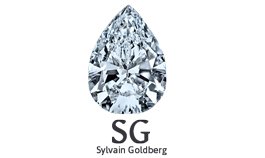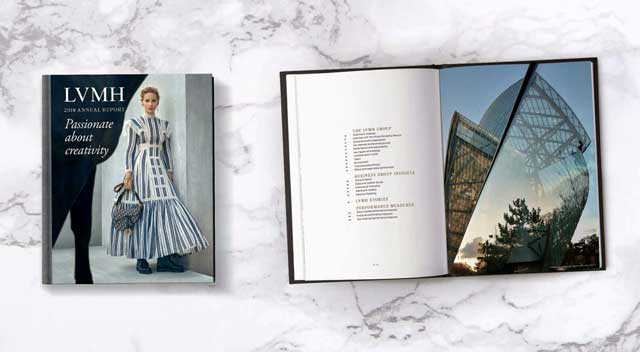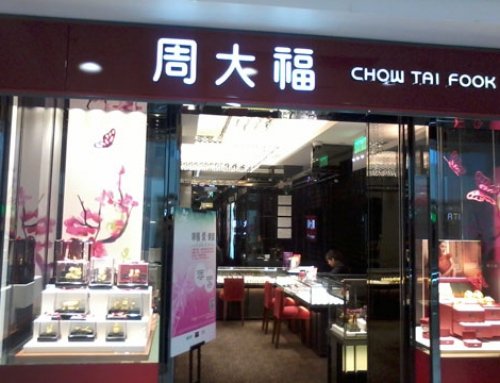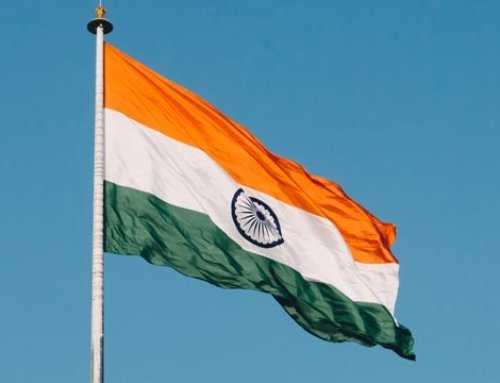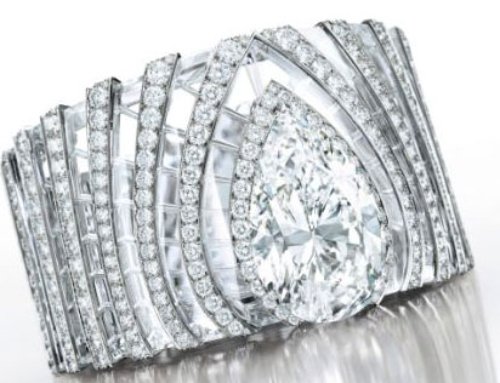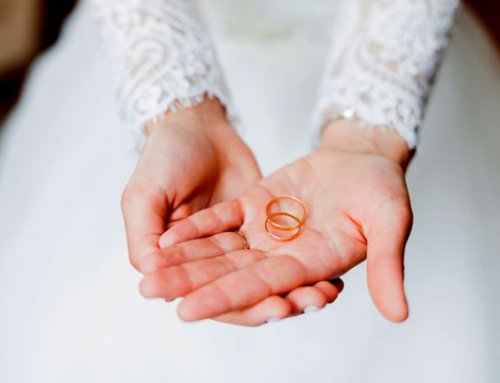LVMH reported double-digit revenue growth in the first half of the year, partly due to the strong performance of the watch and jewellery division.
Sales for the first half of the year amounted to €25.08 billion (USD 27.95 billion), representing organic growth of 12% compared to the previous half.
Second quarter revenue also increased by 12% compared to the same period last year to reach €12.54 billion ($13.98 billion).
Geographically, the company recorded good growth in the United States, Asia and Europe, with a recovery in France in the second quarter. Previously, economic demonstrations had put a strain on sales in the region.
LVMH’s Watches and Jewelry segment sales amounted to €2.14 billion ($2.39 billion), up 4% year-on-year.
The company reported “rapid progress in the jewellery sector, particularly in directly operated stores” and noted that Asia and Japan were the “most dynamic” regions for this segment.
Bvlgari is the leader in the jewellery division, thanks to iconic ranges such as Serpenti and B.Zero1, whose results have evolved in line with the trend of previous quarters.
The brand recently celebrated the 20th anniversary of its B.Zero1 range with an exhibition in Milan, where it presented new versions of its rings and bracelets in a special series.
Chaumet’s Bee My Love collection and the Liens and Joséphine collections also stood out.
In the watchmaking sector, Hublot achieved solid growth, driven by its Classic Fusion and Big Bang ranges, according to LVMH.
TAG Heuer continued its “repositioning” by focusing on its flagship collections and celebrating the 50th anniversary of its Monaco model with the launch of limited edition watches.
The company plans to increase the presence of its Zenith and Fred brands in China.
LVMH expects the segment to maintain its objective of market share gains over the year as a whole. Marketing investments will be “strong“, with a particular focus on digital communication.
In addition to watches and jewellery, the luxury group announced growth in all its divisions, including Wines and Spirits, Perfumes and Cosmetics and Selective Retailing.
Fashion and leather goods companies posted the strongest growth, rising by 18% to EUR 10.43 billion (USD 11.62 billion).
Louis Vuitton and Christian Dior were the most successful brands. Other names, such as Loewe and Fendi, were also in a good position.
This segment recently saw the arrival of Fenty, a new fashion house founded by singer Rihanna, whose Fenty Beauty range was welcomed into the LVMH empire, in the Perfumes and Cosmetics section.
For the rest of the year, Bernard Arnault, Chief Executive Officer, said: “Despite the dynamism of demand, we will control our costs and remain vigilant in the second half of the year“.
As of June 30, LVMH’s distribution network consisted of 4,699 stores.
